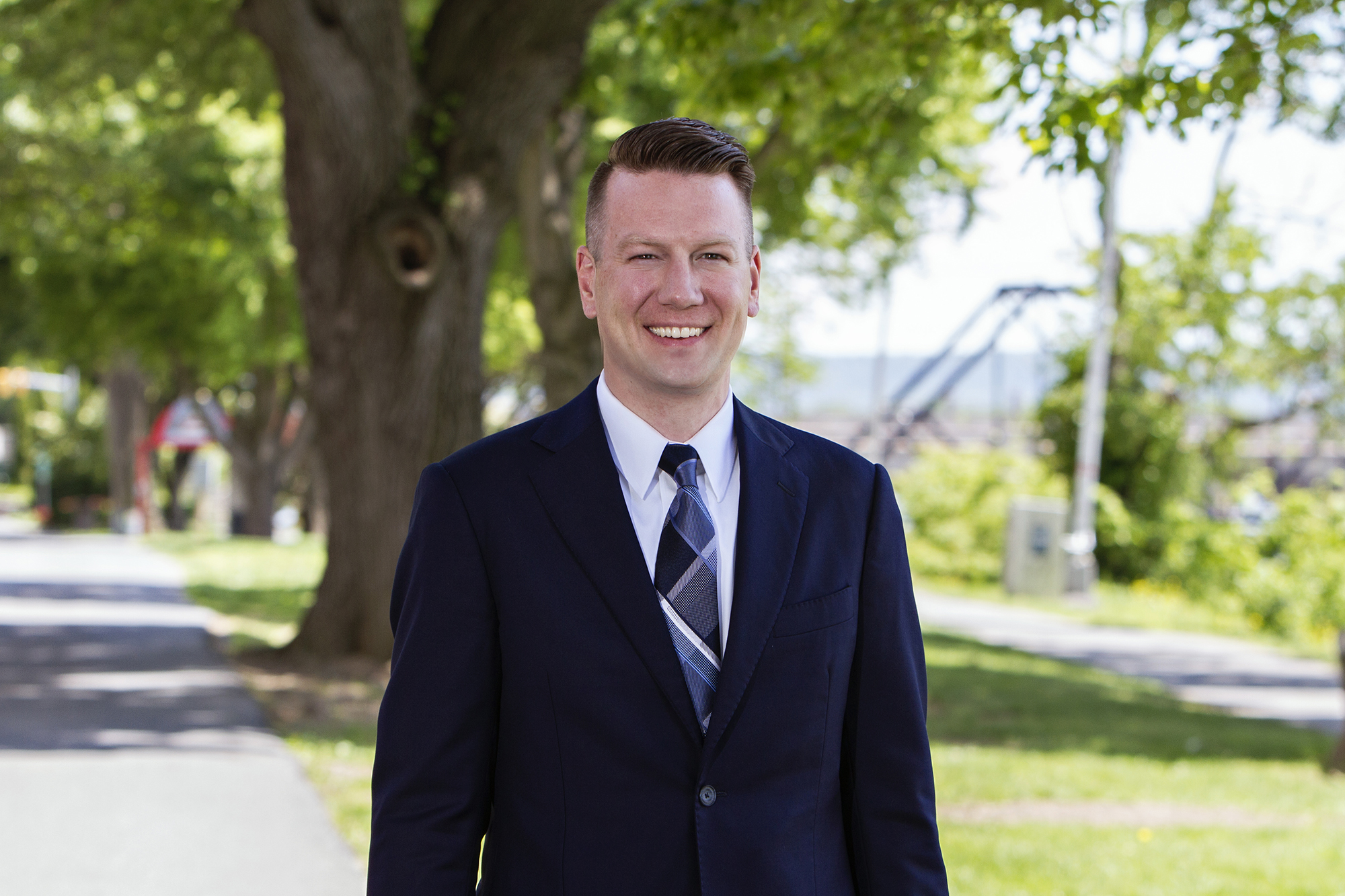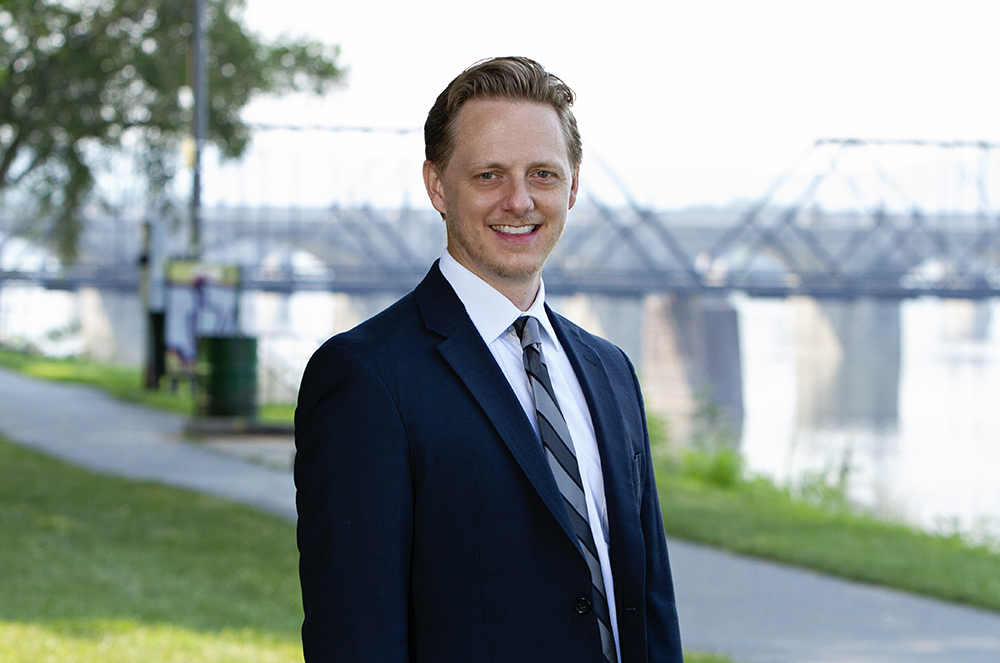The Demise of Fair Share Fees: Janus and its Impact
August 20, 2018
Publications
by Adam Santucci and Langdon Ramsburg
Reprinted with permission from the August 2, 2018 edition of The Legal Intelligencer © 2018 ALM Media Properties, LLC. Further duplication without permission is prohibited. All rights reserved.
Introduction
Recently, the Supreme Court of the United States issued a landmark decision, which may ultimately prove to alter the landscape of public sector labor relations and undermine the political clout of public sector labor unions throughout the United States. The Court’s holding in Janus v. AFSCME Council 31, 138 S. Ct. 2448 (2018) was clear: requiring public sector employees to pay “fair share fees” (sometimes referred to as “agency fees”) violates the First Amendment.
The road to Janus was long and took some interesting twists and turns. To fully understand Janus and its impact, it is necessary to start at the beginning – the Court’s 1977 holding in Abood v. Detroit Board of Education, 431 U.S. 209 (1977).
Abood and its Rationale
Abood started as a challenge to a then-newly-enacted Michigan statute which permitted unions and public sector employers to agree to an “agency shop” arrangement. In an agency shop, employees within the bargaining unit who elect not to become full members of the union (and who do not pay union dues as a result) are still required to pay a service fee to the union. Often the fee is equal to or just about equal to the full dues costs. Following enactment of the statute, several school teachers filed a class action lawsuit in state court and alleged that the agency shop arrangement infringed on their right of association, in violation of the First and Fourteenth Amendments.
Specifically, the teachers argued that the union used their money to support activities that they opposed. The Michigan Court of Appeals found no constitutional violation. Although it recognized that service fees used for activities unrelated to collective bargaining would violate the teachers’ First and Fourteenth Amendment rights, the court stated that the teachers must have known which activities were objectionable. Since the teachers’ complaint did not identify any such activities, the court found the teachers were not entitled to a remedy.
On appeal, the Supreme Court of the United States attempted to strike a balance between the congressional purpose of the National Labor Relations Act and the public employees’ right of association. To the Abood Court, the payment of some fee by non-members was necessary to maintain labor peace as envisioned by applicable labor laws and to avoid the risk of “free riders,” employees getting the benefit of union protections at the expense of dues paying members. On the other hand, the Court recognized that the First Amendment prohibits the government from forcing contributions for political purposes. The result of the Court’s balancing of these interests was fair share fees – fees non-union members must pay to the union to cover the expenses incurred by the union representing the employees, but not expenses paid by unions for political activities.
Following the Court’s ruling, many states passed legislation statutorily permitting fair share fees. Fair share fees became commonplace. And so it remained for nearly forty years. But over time fair share came under attack. In 2014, the first major blow to Abood and fair share fees was inflicted in Harris v. Quinn, 134 S. Ct. 2618 (2014).
Harris and Its Irreparable Damage to Abood
Harris involved personal assistants who provided in-home care services funded by Medicaid. Although employed by the individual to whom they were providing care, the assistants were also employees of the state of Illinois by operation of state law. Under Illinois law, the assistants were permitted to form a union and nonmembers could be compelled to pay fair share fees. Several of the non-union members took issue with the required payment of fair share fees to a union that they did not support and challenged the statute. The lower courts dismissed the action, concluding that the issue was controlled by Abood. The Court granted certiorari on the basis that several states had enacted legislation which deemed personal assistants to be state employees and such laws raised “important First Amendment questions.”
The Court, in an opinion authored by Justice Alito, attacked the prior holding in Abood. First, it noted that previously in Knox v. Service Employees, 567 132 S. Ct. 2277 (2012), the Court itself had “pointed out that Abood was ‘something of an anomaly’” and its free-rider rationale is “generally insufficient to overcome First Amendment objections.” The Court then proceeded to reexamine the precedent relied on by the Abood Court and found its analysis questionable “on several grounds.” It found that the Abood Court treated the precedent as having decided the issue, when in reality only one unsupported sentence addressed the constitutionality of fair share fees. It went on to point other failures of Abood: failure to appreciate the difference between involuntarily subsidizing union speech in the public and private sectors; failure to understand the difficulty of separating collective bargaining expenses and political expenses; and failure to foresee the practical challenges fair share payers would experience in challenging expenses.
The Court declined to rely on “Abood’s questionable foundations.” Instead, finding the labor peace justification was flawed, and that the free-riding concern was not that significant in this context, it held that the First Amendment prohibited the collection of fair share fees from the personal assistants. However, the Court came up short of expressly overruling Abood. But the damage was done.
Freidrichs – One Vote Short
Given the damage inflicted by Harris, it was expected that the Court would ring the death knell for Abood in 2016, when the issue came before the Court in Freidrichs v. California Teachers Association, 136 S. Ct. 1083 (2016). The parties briefed the case, had oral argument before the Court, and the Court held a conference to vote. Death did come. Just not for Abood. Justice Scalia passed away on February 13, 2016, leaving the Court with only eight justices. The result was a 4-4 split vote and a per curiam opinion affirming the circuit court’s reliance on Abood. And just like that, the opportunity to overrule Abood came and went, setting up the issue to be decided in Janus.
Janus Strikes the Final Blow
In Janus, it was Justice Scalia’s replacement, Neil Gorsuch, who cast the deciding vote (presumably the same vote Justice Scalia would have cast himself, considering he joined the majority opinion in Harris). With Justice Gorsuch on the bench, as was foreshadowed in Harris, the Court ruled that fair share fees violate public sector employees’ right to free speech.
As a basic premise, the Court recognized that the right to free speech includes the right to refrain from speaking at all. Thus, “[c]ompelling individuals to mouth support for views they find objectionable violates the cardinal constitutional command, and in most contexts, any such effort would be universally condemned.” Accordingly, forcing non-consenting employees to pay fair share fees (i.e., compelling employees to speak in support of the union when they may otherwise remain silent) violates the First Amendment.
Finally, the Court overruled Abood, dissecting and dismantling its labor peace and free rider justifications. With respect to labor peace, the Court found that the “pandemonium [the Abood Court] imagined would result if agency fees were not allowed” has not borne out. As for the free-rider rationale, it recounted from Knox that “free-rider arguments are generally insufficient to overcome First Amendment objections.” Simply put, avoiding free riders is not the compelling interest needed to override public sector employees’ freedom to refrain from compelled speech.
The end result of the Court’s holding is clear: “States and public-sector unions may no longer extract agency fees from nonconsenting employees. . . . Neither an agency fee nor any other payment to the union may be deducted from a non-member’s wages, nor may any other attempt be made to collect such payment, unless the employee affirmatively consents to pay.”
The Practical Effect
The Court’s mandate is clear, public sector unions can no longer demand agency or fair share fees, and public sector employers should stop collecting them. However, the practical impact of Janus raises myriad questions. Will employers cease withholding all deductions without an appropriate authorization or consent? What type of consent is required to withhold dues or fees from employees? What fees will unions charge non-members? What, if any, changes will unions make in terms of representing non-members? Will state legislature’s pass legislation eliminating the obligation to represent non-member employees within the bargaining unit? Undoubtedly, disputes will arise and challenges will be filed.
But perhaps the greatest unknown is the practical effect Janus will have on public sector unions and their political clout. Given that employees may have the ability to opt out of paying any fees at all, many may do so. If membership in public sector unions dwindles and unions may choose to exit the public sector as a result. This may have a significant impact on both public employers and employees throughout the United States. What has been an incessant increase in public sector unionization may have ultimately reached its peak.
© 2018 McNees Wallace & Nurick LLC
McNees Advocate Alert is presented with the understanding that the publisher does not render specific legal, accounting or other professional service to the reader. Due to the rapidly changing nature of the law, information contained in this publication may become outdated. Anyone using this material must always research original sources of authority and update this information to ensure accuracy and applicability to specific legal matters. In no event will the authors, the reviewers or the publisher be liable for any damage, whether direct, indirect or consequential, claimed to result from the use of this material.



